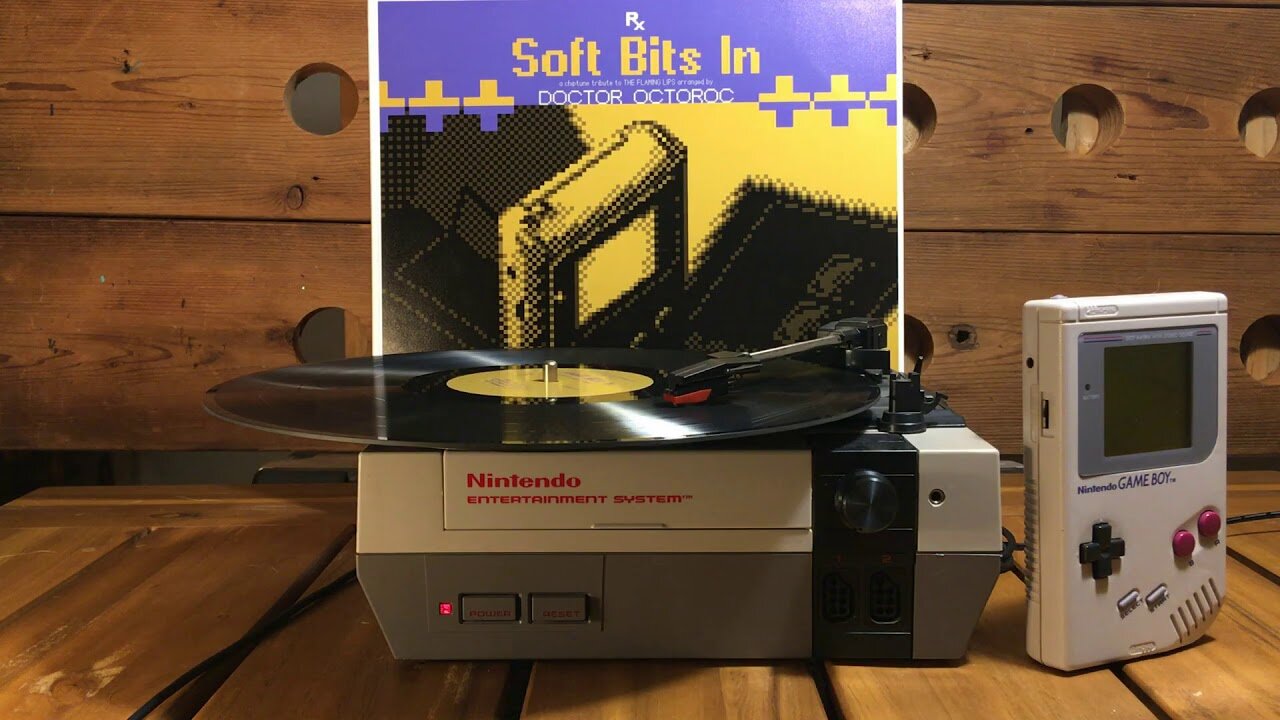The Walrus Pays Tribute to McCartney at 80 on Friday

The Walrus
New Orleans’ Beatles tribute band talks about what they’ve learned about Paul’s music by playing it.
Friday is Paul McCartney’s 80th birthday, and The Walrus will celebrate at Zony Mash Beer Project by performing a night of McCartney’s music as a Beatle, in Wings, and on his own. McCartney has long been an unlikely lightning rod, putting a cuddly face on attractive, melodic, often sophisticated pop and ending up the heel anyway. That’s in part to his perceived role in breaking up The Beatles and the similar perception that his post-Beatles output represented a sappy betrayal of The Beatles legacy.
Peter Jackson’s Get Back four-part documentary on the making of Let It Be suggests that the belief that he was responsible for the breakup is simplistic. It shows a band that’s drifting in different directions, and McCartney’s answer to the uncertainty was to plow forward and work on a new album, even when he only had the barest sketches of songs to work on. “Some people complained that he was too bossy but I thought he was the only one trying to get stuff done,” Walrus bassist Dave Pomerleau says. “The part where he is standing around scoffing at the idea that in 50 years people will say Yoko broke up The Beatles really drove home for me that they were just finished.”
Jonathan Pretus, guitarist and lead singer for The Walrus agrees. “They'd just finished the White Album a few months previously, and some of their personal lives were really messy. They really needed to take some time off, take stock, and think about how to move forward. Paul's maybe a bit overbearing, but he also is fighting to keep the band together. I don't think he's as dictatorial as we've been told throughout history, but I also feel like they really shouldn't have been there then in the first place. He's kind of in a no-win situation, somewhat of his own making, but I'm not sure what else he could have or should've done.”
Andre Bohren understood where McCartney was coming from. “While he may be a bit bossy, if he hadn't taken the reigns in those last couple of years, the Beatles would have just fizzled out,” Bohren says. “Instead, we got Let It Be and Abbey Road. I relate to him because I've been in that position, where nobody has any motivation in the band—not The Walrus—and at a certain point, if someone doesn't take charge, then nothing will get done.”
The Walrus specializes in Beatles songs, and playing McCartney’s has given the band members some insight into his music. According to guitarist Felix Wohlleben, “I'm really impressed by how sophisticated his songs are and yet still firmly in a pop format. He’s able to bring these pretty disparate parts together into a whole without you really noticing.” Pretus, who has made The Beatles a cottage industry and co-hosts the Ranking the Beatles podcast, finds McCartney’s music more imaginative and innovative than he is often given credit for because some of the complicating factors don’t sound complicated.
“The things that seem simple on the surface almost always seem to mask chord changes that don't make sense and melodies that never move the way you think they should, even though you've heard them a million times,” he says. “A song like ‘Here, There, & Everywhere’ seems easy, but it's got more chord changes than you'd ever expect and not always the ones your brain expects them to be. And they change almost every two beats. Even a record like ‘Silly Love Songs’ is hiding an arrangement that's really out there, never copy-and-paste repetitive. There's so many layers to his compositions, and he's such a craftsman that he really works to find all these bits that make his music different and distinctive.”
Those subtle complexities make McCartney’s songs harder to play than you might expect. According to Wohlleben, “Live and Let Die” is a challenger because the transitions come at unexpected points. For Pomerleau, “Getting Better” is a challenge because “the chorus has this great syncopated bass line that is so opposite of what the vocal is doing,” he says. For everybody in the band, singing lead or harmonies is a test because of the power and intensity McCartney could summon in even his highest keys.
“Oh! Darling’ is probably the most difficult one we regularly do for me because his vocal is absolutely monstrous,” Pretus says. “He's got power, control, and dynamics, though it feels loose and easy. On that record he's probably at the peak of his powers, and even then, he took weeks to get that vocal take. For me, I've really got to dig down into a guttural place to do that song.”
Friday night’s show will include songs the band doesn’t usually perform to cover more of McCartney’s career. That’s in keeping with McCartney’s concerts, which frequently include at least a nod or three to his recent decades of music in addition to catalog of hits he still wouldn’t exhaust if he played Springsteen-length shows. What’s the definitive period for McCartney? According to the members of The Walrus, it depends on what you mean by “definitive.” Dave Pomerleau points to his songs on Sgt. Pepper’s Lonely Hearts Club Band, which he considers peak McCartney. The concept of the band presenting itself as a fictional band seemed like McCartney upping his game, and “his songwriting was fully developed and completely evolved from the early years,” he says. “His voice was so sweet then too.”
Pretus points to the decade from 1965 to 1975, from Help! and Rubber Soul to Venus and Mars.
“‘Yesterday’ is probably the moment Bruce Banner becomes the Hulk for Paul,” he says. Pretus hears the decade that followed as one of constant musical growth. Even when McCartney returned to familiar tropes and ideas, he did so with twists to see how far he could take them while staying true to himself. “Once he leaves the band, he completely, and fearlessly, starts completely over. He didn’t try to continue down the path he'd been on. He took an entirely new one, finding himself as a solo artist in the context of Wings and as an ex-Beatle. I think after maybe Venus & Mars, he kind of stops leading the charge and finds himself keeping pace with the times, though there's certainly a lot of brilliant music.”
Bohren recognizes that the easy answer is McCartney’s Beatle years, but he goes another direction. “I think that he is currently defining himself,” Bohren says. “He is 80 years old, touring with a 2 1/2 hour set that pulls from 60 years worth of songs, and continues to put out new music every couple of years. Roughly half of his live set is Beatles songs. How many other folks can pull that off? I don't think that there is anyone who has the well to draw from that he does, and because he doesn't hesitate to pull from his entire career, I say he is defining himself now.”
Creator of My Spilt Milk and its spin-off Christmas music website and podcast, TwelveSongsOfChristmas.com.






